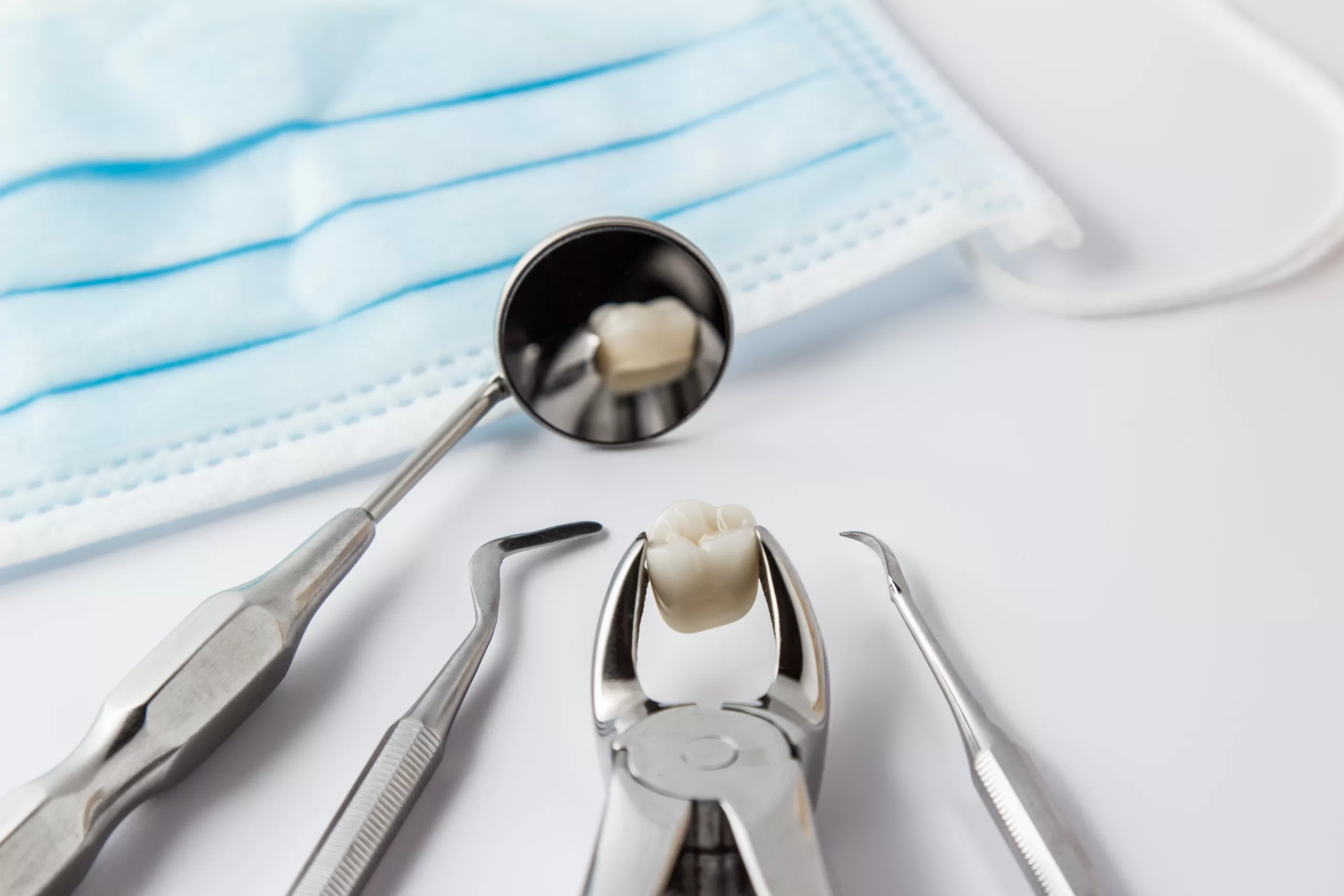
Strictly speaking, your body can reject a dental implant. But, the good news is that it is very rare. Dental implants are the most adaptable and durable replacement for teeth roots, with up to 98% of the success rate.
Strictly speaking, your body can reject a dental implant. But, the good news is that it is very rare. Dental implants are the most adaptable and durable replacement for teeth roots, with up to 98% of the success rate.
However, an important point to mention here is that contrary to popular opinion, your body cannot reject an implant by considering it a foreign body, as can happen with organ transplants. This is because dental implants are made of metal and do not contain any living cell or genetically coded material.
So, What Causes Dental Implant Rejection?
There are two possible reasons why your body can reject a dental implant:
1. Titanium Allergy
Titanium is the foremost choice for dental implants because it has been proven to be the most biocompatible of all metals.
For those who do not know, biocompatibility refers to the ability of a material (metal in this case) to interact with a biologic system in a favorable manner. Simply put, a biocompatible material does not have a toxic or harmful effect on living tissues or the human body.
However, some people can be intolerant to the metal and can experience hyper-sensitization or an allergic reaction with titanium implants. Titanium allergy is rare, though – research shows that an average of less than 1% of people who undergo a dental implant surgery report a titanium allergy.
2. Bacteria
Due to bacterial infection, there is a probability as your body’s immune system tries to fight off the infection in the socket or jaw bone, it can accidentally attack the implant and eventually lead to its rejection by the body.
Types of Dental Implant Rejection
Dental implant rejections can be divided into two categories, according to the time of their occurrence:
1. Early Implant Rejection
The early rejection occurs within the first three to four months after the implant before the jaw bone is completely healed.
2. Late Implant Rejection
When your body rejects an implant after the jaw bone is fully healed, it is categorized as late implant rejection. This can happen due to poor post-operative care, poor oral hygiene, or trauma.
Late rejection typically occurs about a year after the implant surgery.
Consult an Experienced Specialist for Successful Dental Implants!
Even though dental implant surgery is a considerably safe process with high success rates, there are things that can go wrong, causing a dental implant rejection or failure. This is why you should always get implants done from an experienced oral surgeon.
An oral surgeon has the specialized education and training required for performing dental implants.
With over 85 years of experience, a team comprised of some of the most well-known names in the world of dental surgery in California, and state-of-the-art facilities, Foothill Center for Dental Implants and Oral Surgery provides high-quality oral treatments and utmost care. Our prime location in Pasadena in Playhouse Village also makes us easily accessible.
Contact us today to schedule a dental implant consultation with us!
References





